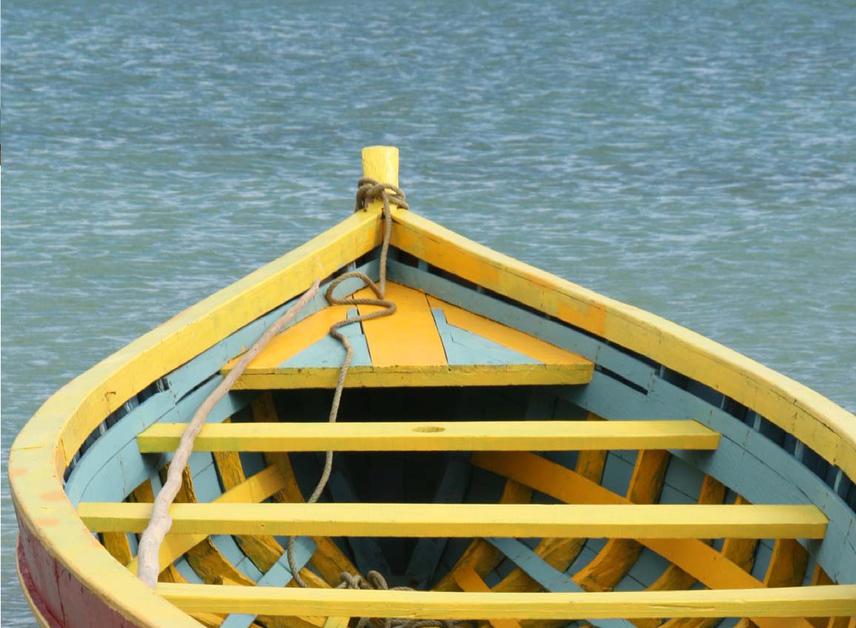Chris Poonian
This project aims to build local capacity in the western Indian Ocean islands for coastal biodiversity management, sustainable tourism and community-based organization management through a network of training academies offering internationally-accredited BTEC courses in collaboration with host-country institutions.

The concept of the Island Coastal Academy Network (I-CAN) is a unique, innovative and entrepreneurial plan to engage private, public and non-governmental sectors in a holistic project that will assure the sustainable development of marine resources in the western Indian Ocean islands. It has long been recognized that this region harbours incredible and little-explored marine biodiversity with enormous actual (and potential) value in terms of food production, medicinal uses, coastal protection and recreational value. Since the 1800s, there has been a one-sided emphasis on conservation of Africa’s unique terrestrial fauna yet there are currently huge gaps in scientific knowledge and local capacity for the conservation of marine species and habitats and a lack of technical expertise is limiting the effectiveness of current conservation initiatives.
The Network, overseen by Community Centred Conservation (C3) with nodes in Mauritius, Madagascar and the Comoros, will be the first of its kind and will build local capacity through internationally-recognized vocational BTEC qualifications in Coastal Biodiversity Management, Sustainable tourism and Community Based Organization management. BTECs are work related qualifications suitable for a wide range of students, built to accommodate the needs of employers and allow progression to university. They provide a more practical, real-world approach to learning alongside a key theoretical background. Partner institutions will receive logistical support (electronic reference database, enhanced IT equipment, pedagogic materials) to improve existing training facilities. A Node Coordinator will be appointed at each institution as an I-CAN representative and to administer the BTEC qualification. Students on the courses will implement short and long term research projects.
Primary research topics will include: ecotourism, alternative livelihoods and poverty alleviation, endangered species and biodiversity; Marine Protected Area management and effectiveness; coral reef ecology; sustainable tourism; climate change and fisheries management. The key to this project is its sustainability. During the first two years, participants from each beneficiary country will be trained as BTEC trainers and will thereafter be able to independently administer the courses in their own countries, thus leading to a ‘cascade effect’ as more and more students are able to receive the BTEC training.